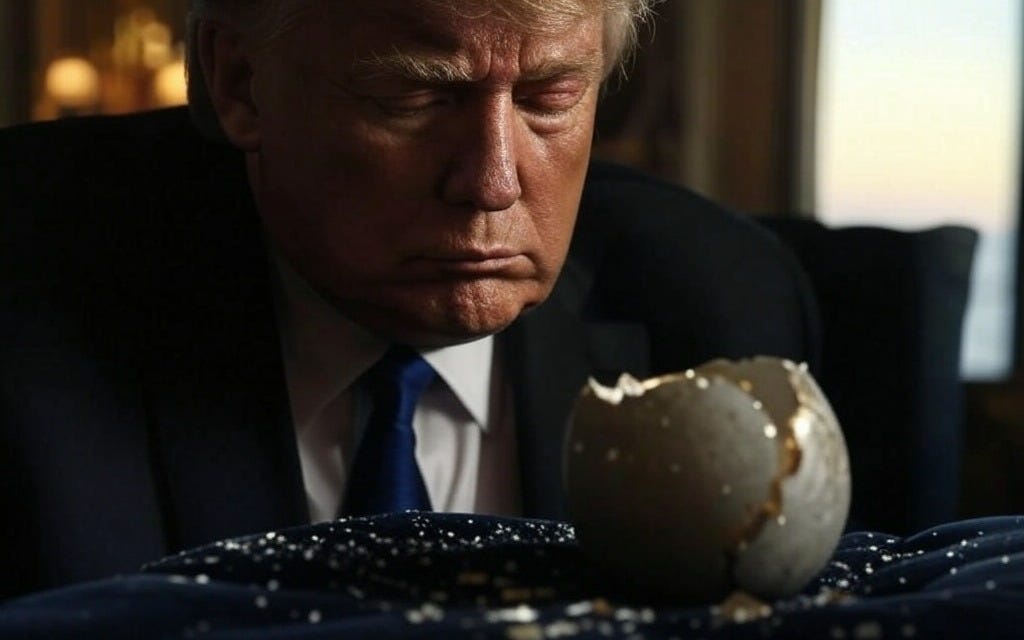Trump's Ukraine Peace Plan Ends In Disappointment, Phony Putin Ceasfire
Behold the limits of brand transactionalism
Easter is today, and there is no peace in Ukraine. Putin agreed to a ceasefire, broke it immediately, and then pretended he had never agreed to anything. Real estate mogul Steve Witkoff is exactly the wrong peace envoy for this Kremlin, for he conceives of Russia’s genocidal war in Ukraine as a mere real estate dispute.
Yesterday, Putin declared an Easter ceasefire which was immediately broken with the usual front line assaults and missile bombardment of Ukrainian civilians. He is stringing Donald Trump along a little further, always a little further. The humiliation is implied and intentional.
Whereas Trump’s man in Moscow is cutting a deal that trades territories, Vladimir Putin and the ruling clique in the Kremlin hold the annihilation of Ukraine as a sacred value, something they are unwilling to trade for promises of gross material favor. Peace — real peace — cannot be bought at any price to be negotiated. I keep saying that sooner or later, even Trump will figure it out. That time draws near.






